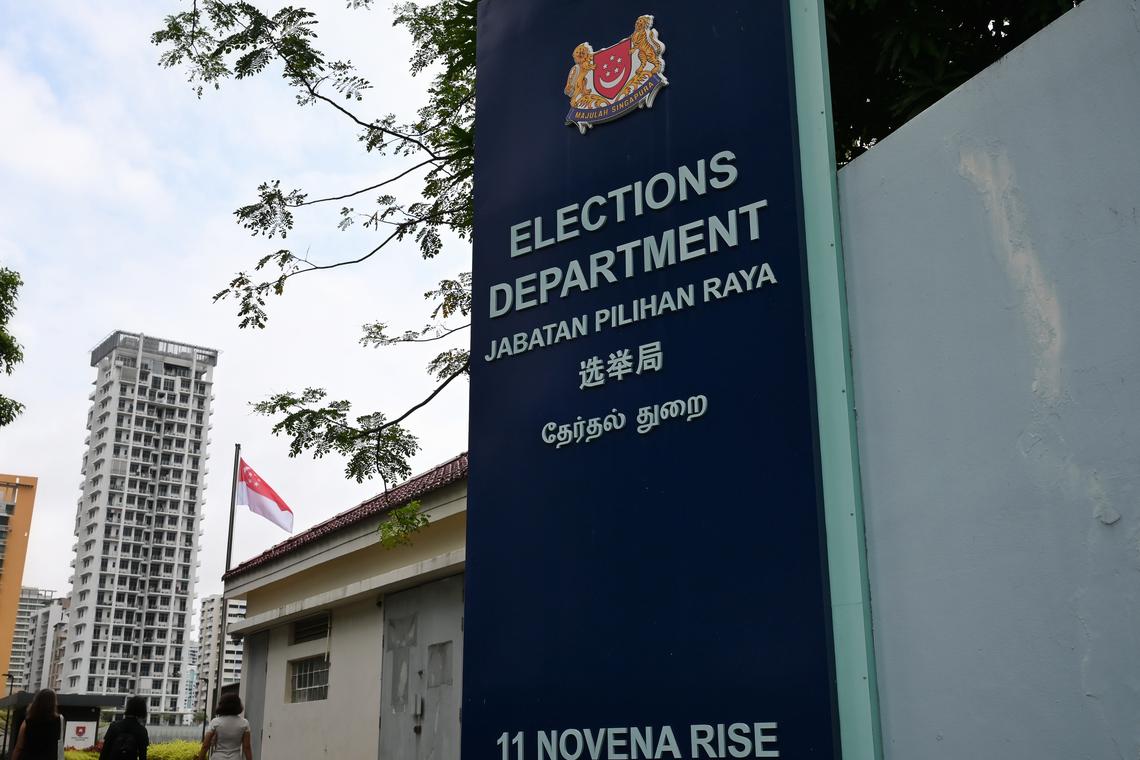SINGAPORE – Since the Electoral Boundaries Review Committee’s (EBRC) report was released on March 11, political parties have been hitting the streets and stepping up their activities in the heartland.
Amid the flurry of action, political parties are awaiting the starting gun: The Writ of Election, which, once issued, will pave the way for key dates to be revealed – most important of all, when Singaporeans will head to the polls.
The president will dissolve Parliament and issue the Writ. This is done on the advice of the prime minister.
In previous elections, the time between the release of the EBRC’s report and the issuance of the Writ has varied. In 2020, it took more than three months, and in 2015, it took just over a month. The shortest interval – of just one day – was for the 2001 General Election.
In the lead-up to the polls, The Straits Times has put together a series of related explainers and listicles. Here are the key days and announcements to look out for in the upcoming general election:
The Writ of Election
The Writ of Election is a formal written order that will state the details of Nomination Day. Details of Polling Day will be announced shortly after.
By law, Nomination Day must be held at least five days (excluding Sundays and public holidays), or at most one month, after the date of the Writ.
The Writ will also name the returning officer (RO) – the civil servant appointed by the prime minister to oversee the impartial and smooth conduct of the election.
Nomination Day
This is the day when parties reveal the final line-up of candidates.
Prospective candidates must submit their nomination papers and certificates in person at the nomination centre assigned to the constituency they intend to contest.
In 2020, there were nine such centres in Singapore, each serving two to four single-member constituencies and group representation constituencies.
On that day, prospective candidates are required to submit their documents to the RO at the nomination centre between 11am and noon. They must also be accompanied by their proposers, seconders and at least four assenters.
Candidates can make payment for their election deposit from after the issuance of Writ to before 12 noon on Nomination Day. They can do this either by electronic means or bank draft or by cheque. Candidates are encouraged to pay their election deposits early via electronic means.
Under the law, the election deposit amount is the fixed monthly allowance payable to an elected MP for the month immediately before the date of dissolution of Parliament. This is rounded to the nearest $500.
The deposit will be refunded if the candidate polls at least 12.5 per cent of the valid votes cast. At the last general election, each candidate had to pay a deposit of $13,500.
After the nomination period ends at noon, candidates have 30 minutes to scrutinise the application forms of other candidates and raise objections to the RO.
If the RO allows an objection against a candidate, he or she will not be eligible to contest in that election.
If there are at least two eligible candidates, or groups of candidates, in a particular electoral division, the RO will declare a contest.
Candidates are then permitted to make thank-you speeches, which will be aired on TV and online.
If there is a constituency with no contest, the RO will declare a walkover, and the unopposed candidate or candidates will be elected by default.

Campaigning
Campaigning begins immediately after the proceedings on Nomination Day and ends with the start of Cooling-off Day.
By law, Polling Day should not be earlier than the 10th day or later than the 56th day after Nomination Day. The time period between Nomination Day and Polling Day has typically lasted the minimum period of nine days before Cooling-off Day.
To hold rallies, candidates are required to apply for permits from the commissioner of police. The venues for rallies are fixed by the police, and candidates may ballot for rally sites if there are multiple applications for a given time slot.
Other forms of campaigning can include house visits, distribution of pamphlets, displays of posters and banners, and online political advertisements.
Cooling-off Day
During Cooling-off Day, which is the day before Polling Day, election campaigning is banned. This 24-hour period is intended to give voters time to reflect on issues raised during the campaign period.
While no new advertising or campaigning is allowed, material already in the public domain can stay.
Cooling-off Day was introduced in 2010 and first observed in the 2011 General Election.
Polling Day
This is the day to cast votes. The day is, by law, a public holiday, and voters can head to assigned polling stations to cast votes from 8am. The polls close at 8pm.
While no campaigning is allowed, candidates may inspect polling stations.
Once voting ends, the ballot boxes are sealed and transported to counting stations, where the votes will be tallied.
The final result is typically announced after midnight, but sample counts released earlier will give an indication of the possible outcome for that electoral division.
Correction note: In an earlier version of the story, we said that prospective candidates must submit their election deposits in person at nomination centres by Nomination Day. This is incorrect. The information about how candidates can make their election deposit has been updated.
The story also said that candidates can apply for rally permits on a first-come, first-served basis. This is incorrect. Candidates may ballot for rally sites if there are multiple applications for a given time slot.
We are sorry for the errors.
Join ST’s WhatsApp Channel and get the latest news and must-reads.

